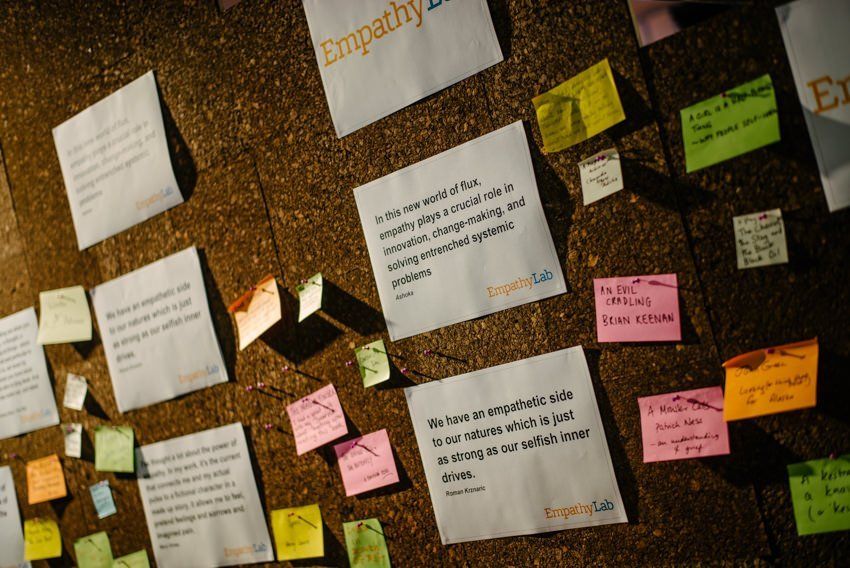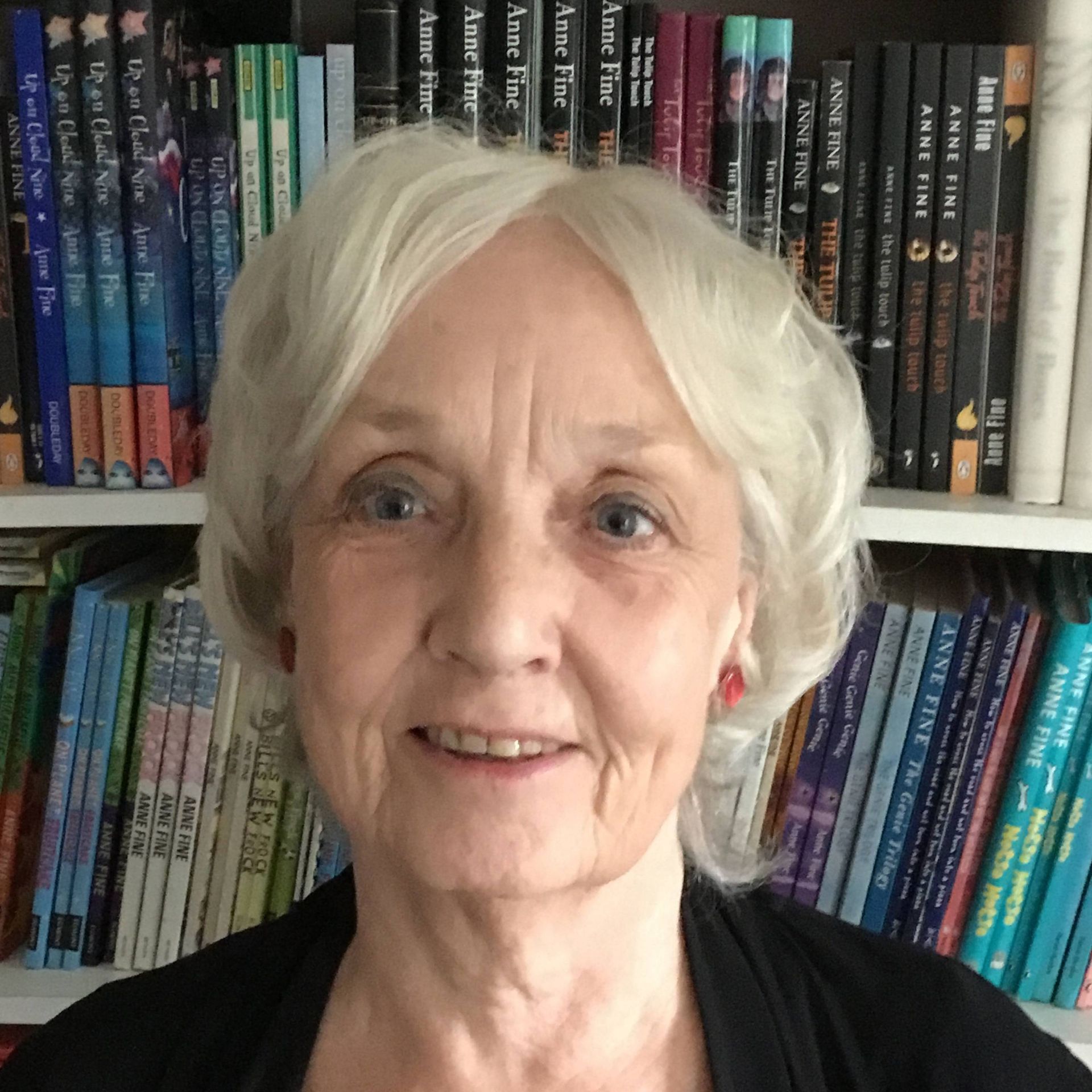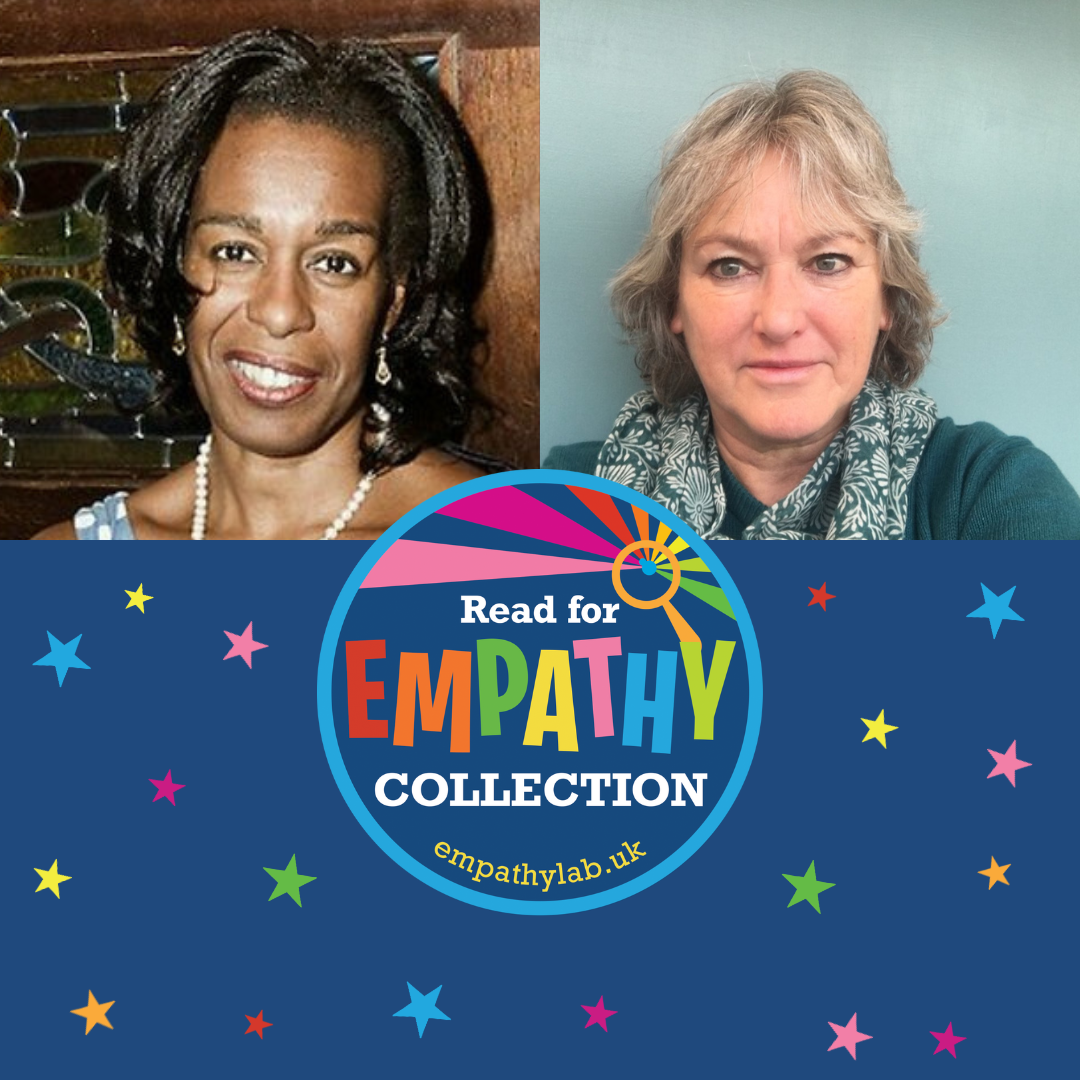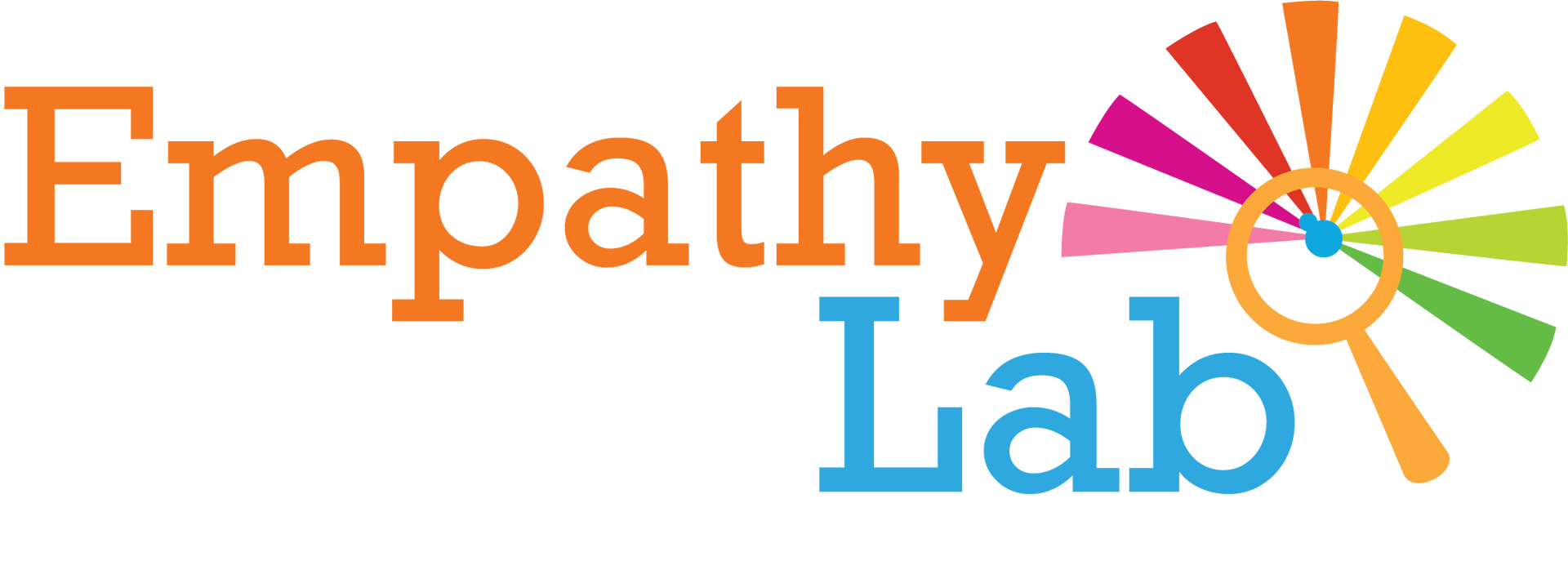THE FUNDAMENTAL VALUE AND POWER OF STORIES
- By EmpathyLab
- •
- 31 Jan, 2017
- •

The longstanding research and work of the Centre for Literacy in Primary Education (CLPE) acknowledges the fundamental value and power of stories and children’s literature to support the personal, social, emotional and academic growth of a child. Our experience, particularly from the Power of Reading project, has shown us that there are books which lend themselves to being talked about, thought through, returned to and which are engaging for children for a variety of reasons. They tend to be texts with powerful stories which engage children, stir ideas and feelings and excite the reader’s interest and imagination. They are books that children will want to re-read, to savour and will remember. An emotional engagement with a text can be transformative for children’s literacy development – it can also be transformative for their emotional development.
At CLPE we are dedicated to promoting creative and innovative ways for children to engage with high quality literature and the art of story-telling and use these as stimuli to support their journey through childhood in the fullest sense. For us, The EmpathyLab Think-In was an opportunity to explore how words and stories can be used to build children’s empathy in a room teeming with artists, authors, teachers, researchers, young people – and many others from different spheres of work.
We are pleased and keen to be involved in any programme that promotes the opportunities to use writing, reading and storymaking to help young people develop the empathy skills they need to thrive and become a force for good in the world. We know from our own work that drama and role play provide immediate routes into the world of a story and allow children to explore texts actively. They are mechanisms to enable children to put themselves into a particular character’s shoes and imagine how things would look from that point of view. Through storytelling, drama and role play children can deepen their understanding and imagining of characters and events. We know that they can then extend this understanding to their reading and their writing.
Thinking about how children can extend this understanding to their relationships, their interactions with the wider world and their futures has surely got to be a priority and worthwhile mission for everyone working or participating in the development of our children and young people. The aspirations of the EmpathyLab provide a unique opportunity to get to the heart of what defines empathy and consider its relationship with stories. We are very glad we were invited to be involved and are looking forward to continuing to work in partnership.
Find out about the Top Ten Messages from our Think In and our next steps.
Read the Think In crowd-sourced recommendations for books that helped you understand someone else better.
Join our network on LinkedIn – we’d love you to be part of the conversation.
Photo credit: Dan Chippendale

Why has the sheer importance of empathy come to the fore in recent years? Why do we care so much about a concept that had seemed to be left to itself for so long?
Perhaps because there has been so much change and upheaval for our young people in recent years, leaving so many isolated from what we might term ‘real’ contact with others. Lockdown was for many a disaster. The proliferation of phones hasn’t helped. Financially stretched families are often starved of time that can be spent in casual, easy, contact with one another.
So gaining an understanding of others from fiction has become more and more important. Children have always learned from the books and stories they are offered. From the fairy tales, children who lived in an elemental world without luxuries or social safety nets learned the virtues that were so necessary back then to survival: courage, resourcefulness, endurance, quick wits, kindness to strangers.
Our own young people live more tightly under separate roofs, and we have seen the language of books change accordingly - to Mum, the babysitter, playgroup, park, baby sister, Dad’s girlfriend, the bully, happy, worried, sad. It’s the language of relationships and emotions now, and understanding and compassion liberate. They have become the twenty-first century equivalent of Hansel and Gretel’s pebbles gleaming in the moonlight to show the way out of the dark forest.
Frank Flanagan once said good writers “structure, explain and evaluate the experience of childhood and empower the child to come to terms with it. They enable the child to lead a full life."
How? Partly by quite unconsciously increasing self-knowledge and self-awareness. A young reader can’t help but see characters in books unconsciously as if in a mirror. "I'm not like that." "I worry about that too." "I would have been braver”, “slower to catch on”, “tempted to be more mean”. And when this sense comes of no longer being the only one in the world to have this problem, or to feel that way, the child not only comes to realise that they are not alone, but also to gather insights into how other people deal with the same worries or tackle the same problems. In short, they learn, vicariously, how other people tick.
We have so many young people who, it seems, sometimes as a result of their upbringing, often simply by nature, have somehow failed to acquire the tools to begin to think about their own situation. Through fiction they can often begin, safely, to explore the more subtle aspects of life around them - an insight into someone else's life. A child can share desk space with someone else all year and yet learn less about them than about a character in one short book that’s read to them at night. I try to show this in my novel On the Wall , where, over the school year, Finley’s quite exceptional gift for tranquillity and self-acceptance in an anxiety-inducing world causes one fellow pupil after another to look more deeply into themselves, and learn how to rebalance their own way of thinking to become, in the process, calmer, happier, or more accepting.
We all want, for our young people, peace of mind. An excellent start is to explore Lauren Child's wonderful 'Staring into Space' project: https://staringintospace.me/
Then, steep them in fiction. And where better to find the
best than at the EmpathyLab itself?
You can purchase Anne's book, On the Wall,
here

The collection consists of 65 books for 3-16 year olds, each chosen for its unique contribution in building young people’s empathy.
The primary collection for 3-11 year has 40 books; the secondary collection features 25 books for 12-16 year olds.

